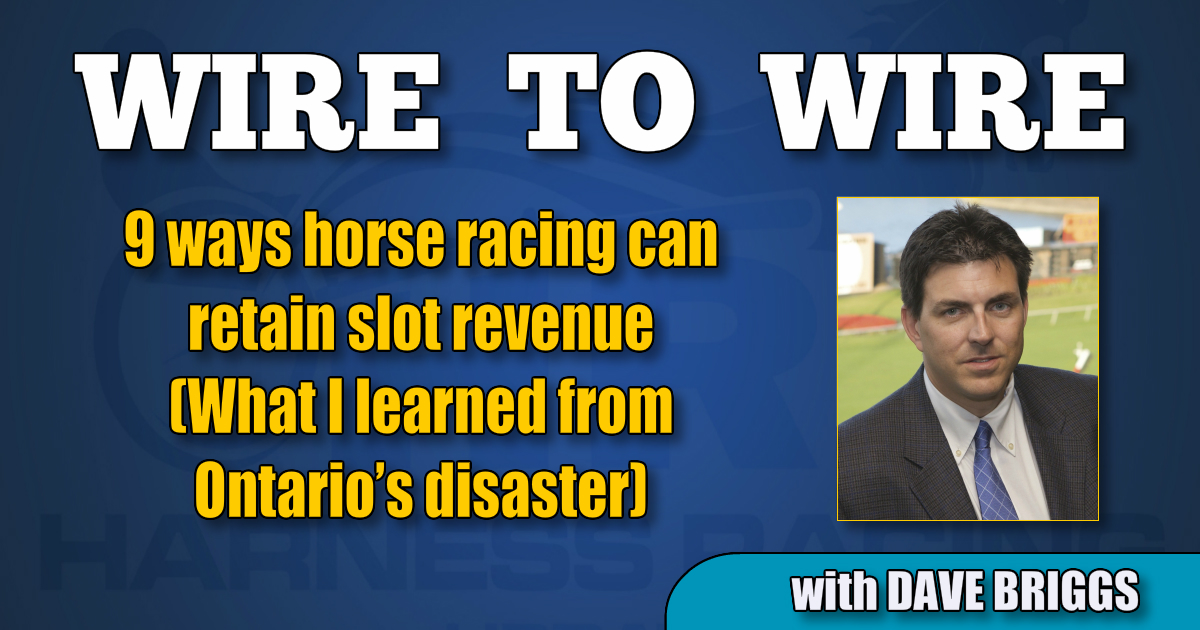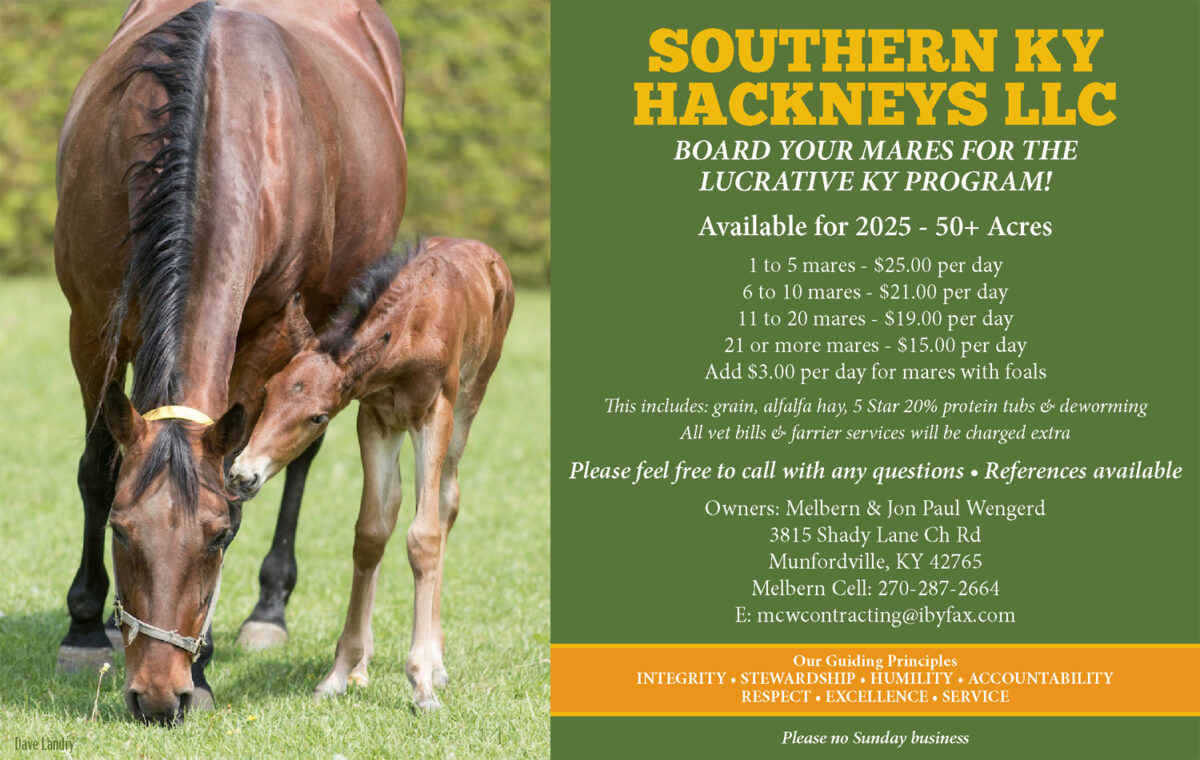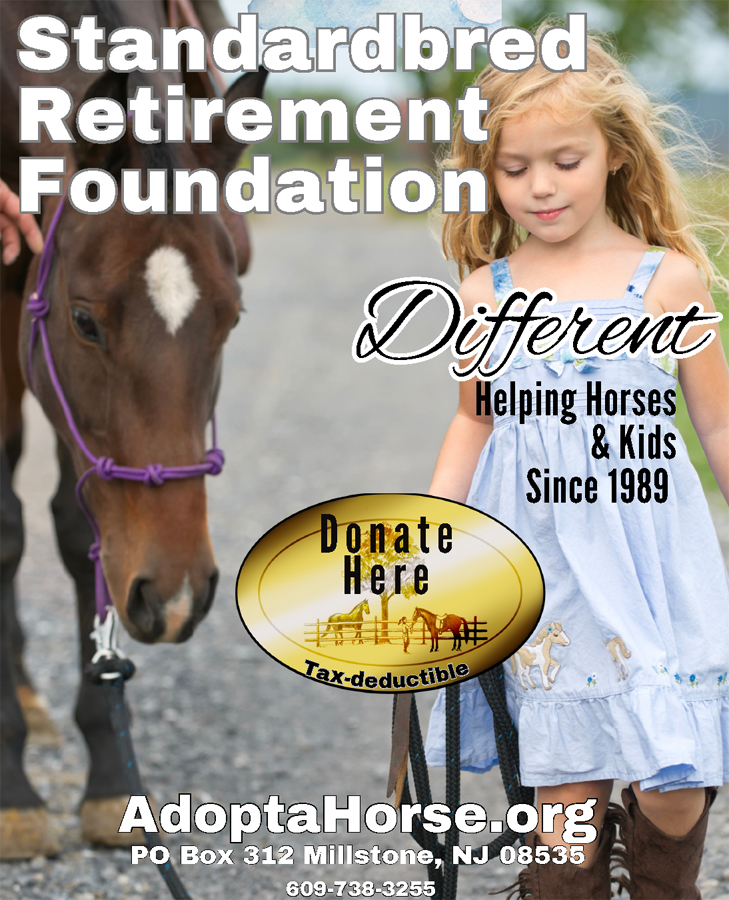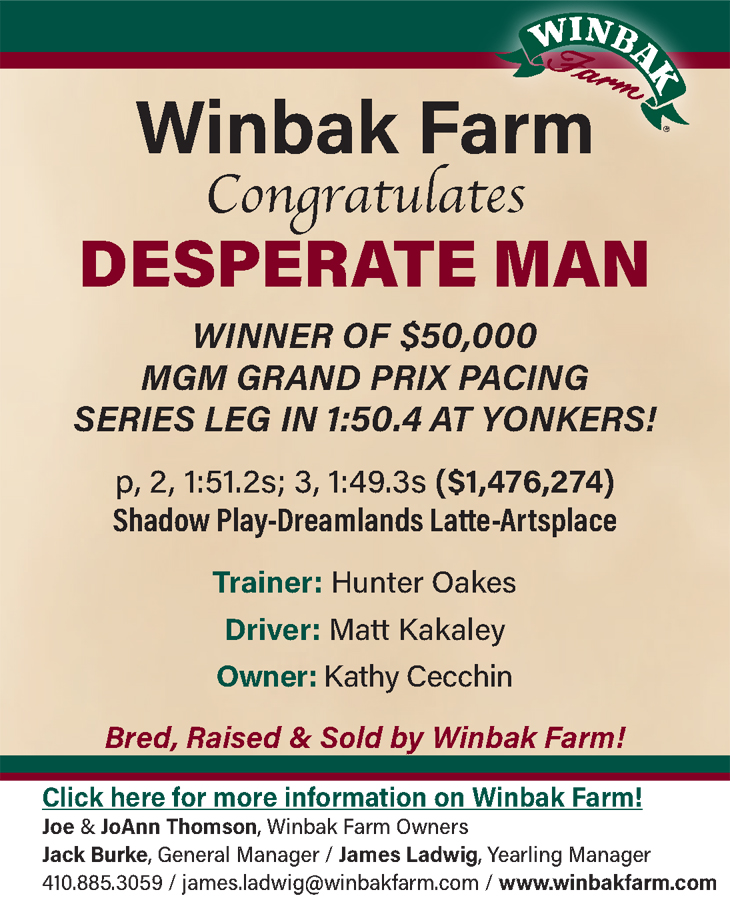9 ways horse racing can retain slot revenue
Lessons learned from Ontario’s Slots at Racetracks Program.
by Dave Briggs
Having had a front-row seat to both the beginning, full tenure and calamitous end to Ontario’s Slots at Racetracks Program (SARP), I can contribute something of an educated opinion about horse racing’s ever-tenuous relationship with slot machine revenue, subsidies and politicians.
Given the crisis in Pennsylvania (full story here), what follows is constructive suggestions for any jurisdiction where revenue from other gaming or taxpayer dollars is flowing to the horse racing industry.
One disclaimer first: the point here is not to admonish Pennsylvania’s horse racing interests for what has not been done — because they have been more proactive than most when it comes to justifying the slot money. Rather, I wish to share what may be helpful to them and others because, make no mistake, at some point the politicians will come for the money everywhere. Chances are, those not well armed to defend it will be doomed to a similar sad fate suffered in Ontario.
1. Change the mindset
Fifteen years ago, before most horse racing jurisdictions had revenue from slot machines, Jeff Gural gave a quote that is as applicable now as it was then. Gural, who didn’t own the Meadowlands Racetrack until six years later, equated horse racing’s cut from slot machines to a human that receives a heart transplant.
“It’s going to keep the patient alive for a little while, but it doesn’t guarantee him a long life,” Gural said.
The point is, horse racing must change its mindset about revenue that either comes from other forms of gaming or from the government directly in the form of either tax breaks or subsidies.
Yes, gaming companies and state coffers have benefited by having slots at racetracks and, yes, revenue is designed to compensate for the cannibalization of horse racing’s wagering revenue, especially when machines have been installed in horse racing’s houses.
But while those in the horse racing industry understand and appreciate those are solid grounds for compensation, try explaining those sophisticated arguments to the general public — much of which, sadly, doesn’t know harness racing exists and believe, like this opinion piece in Saturday’s Philadelphia Inquirer (full story here), that money going to horse racing is a taxpayer-funded subsidy better spent elsewhere.
Trying to successfully argue it’s not a subsidy — even when it wasn’t, as was the case in Ontario when SARP existed — is fraught with failure and is a waste of time.
Instead, the focus should be on appreciating the opportunity horse racing has been given by gaming or subsidies — or both — and being realistic that this new revenue stream is a short-term solution to help horse racing reach a position of self-sustainability and growth.
Since politicians can enact legislation that changes deals thought to be iron clad, it is important to remember that horse racing is not truly owed the money, it should not be entitled to it and it should not expect it to last forever.
That means, all facets of the industry — tracks, participants, racing regulators — are responsible for taking that golden opportunity and using it to…
2. Grow the game
The best way to grow the game and reach true sustainability is to get more people to buy horse racing’s product — namely, gamble on it directly. That goes far beyond lowering takeout, though that’s always a good place to start.
No doubt, growing handle isn’t easy, particularly when one considers pari-mutuel wagering is a complicated form of gambling that requires a certain level of knowledge, frequently delivers meager returns and clearly lacks mass appeal.
To attract more handle, beyond lowering takeout, pari-mutuel wagering needs great innovation and expansion of its gambling menu.
Just like there’s a million things one can bet on with respect to the Super Bowl, horse racing must create many more options to attract everyone from the novice bettor to the pro punter. Fixed-odds wagering, exchange betting, simplistic pick ‘em tickets, more exotics. Heck, let’s even get into some prop bets and over/unders. Give people a million different ways to bet on the races and make some of them fun and really simple.
Yes, that’s going to require a lot of work with the various regulatory bodies that govern the sport, but that work is critical to horse racing’s survival and a percentage of slot machine revenue or subsidies should be diverted to that cause.
To make that happen we’re going to have to…
3. Make gamblers true partners
For far too long, horse racing has viewed itself as a game with two chief entities — tracks and participants — while leaving out perhaps the biggest partner, the betting customers.
Today, I’d argue that horse racing has four essential parts — bettors, tracks, participants (which includes breeders) and government (politicians and regulators).
Horse racing needs to treat bettors as a true partner, include them at the table and regularly consult them about the best ways to grow wagering.
Bettors are the group best equipped to articulate what is needed.
Those that continue to ignore them do so at their peril, just as it’s perilous not to…
4. Spread the wealth
From horse racing’s cut of slot revenue or taxpayer dollars, it is prudent to set aside a generous percentage for improved gambling initiatives, marketing, infrastructure improvements, breeder incentive programs, animal welfare initiatives that specialize in care for horses after their racing careers, education, research, gambling addiction programs and significant charitable donations that are well publicized. Benchmarks need to be set and expenditures reviewed annually.
Ideally, all this should happen before money flows to purses — or if the money is already going to purses, some of it needs to be redirected to these initiatives.
Yes, that last part is controversial. Yes, purses are important for keeping participants in an expensive game. But those other initiatives are critical for keeping the money flowing that helps augment purses. If horse racing is able to grow wagering, the purses will grow, as well.
As for the importance of charity, I often wonder if the SARP program would still exist if Ontario’s horse racing industry had, from the start, directed a percentage of the money to help build a children’s hospital named something like the Ontario Horse Racing Children’s Hospital and perhaps a school named the Ontario Horse Racing Institute. After all, the politicians that stripped away the program did so while making the bogus claim the money would be better spent on health care and education.
Charity is also key to maintaining a good relationship with politicians.
The trick is to spread the money as widely as possible across the entire state or province, help improve communities in each political district and be sure the politicians in that region know all about it.
Politicians love jobs, so one key area of focus for slot revenue or subsidies should be on strengthening…
5. The agricultural argument through breeders awards programs
Agriculture may not resonate strongly in urban centers, but in rural jurisdictions, where jobs are often scarce, agriculture is a key provider of employment.
Developing strong breeder reward programs that flow directly from slot revenue or subsidies is not only key to driving employment in rural areas, it can also increase tax revenue and help preserve green space. All are strong arguments political allies can make on behalf of the industry.
A strong rewards program also gives breeders the financial incentive to produce the horses necessary to provide full fields to drive handle which furthers horse racing down the road of self-sufficiency.
This is also another way for horse racing to prove it improved its product thanks to the helping hand of subsidies or slot revenue, all of which is pointless unless the industry uses the money to…
6. Market wisely
Admittedly, marketing horse racing is very challenging in an extremely competitive sports and entertainment environment. Simply saying we need to “market ” or hire the correct marketing firm is not enough.
Instead, the industry must focus its marketing efforts on continually telling the public what horse racing has done to contribute back to the people of that jurisdiction in all the areas mentioned in the above section called “Spread the wealth.”
Beyond the contribution back to the state or province in terms of tax dollars and employment, horse racing needs to strongly tout its major charitable efforts, enhanced equine retirement programs, gambling addiction research and prevention, etc.
That process means horse racing must …
7. Educate and support politicians
Continually thanking politicians for, and educating them about, the benefits of the slot or subsidy program is tantamount. That means work and money must go into producing critical, reliable data.
Politicians need to be told ad nauseam about how many jobs were created with the industry’s share of slot revenue, exactly how much slot money is churning in the economy, exactly how much the program is returning to taxpayers, how else horse racing has used some of that money to help the taxpayers of that jurisdiction, how the program has improved a homegrown agricultural product — the quality of horseflesh — and, most importantly, how that money has helped horse racing get to a position of self-sufficiency.
Give politicians the tools to advocate powerfully on behalf of horse racing to their constituents.
Speaking to politicians also requires donations to them and horse racing must set aside its usual fractiousness, come together and…
8. Speak with one resounding, positive voice
Politicians frequently pound home the message that horse racing needs to speak with one clear voice that represents the will of all of its factions. Sadly, we often ignore that message.
Our politicians have told us explicitly that they do not want to hear complaints from different horse racing groups with different agendas. They especially don’t like to hear complaints from an industry that receives strong financial support.
To carp about one’s lot in life only increases the likelihood politicians will consider the money flowing to horse racing best served elsewhere, particularly in areas more politically expedient to their re-election, because, sadly…
9. Horse racing is not viewed as critical
Those that derive their livelihood from horse racing — no matter how much they love it and how hard they work at it — must never forget that horse racing is not considered a vital activity by the vast majority of the public. Certainly it does not supersede a long list of mainstream concerns such as health care, education, taxes, infrastructure, defense, safety, transportation, etc.
Staying modest and grateful and understanding where horse racing stands in greater society is critical to working hard to keep the funding, achieving greater public recognition and respect and avoiding a dangerous sense of entitlement that can lull one into complacency.
Only that way will this critical money keep flowing as long as possible to give horse racing the chance it needs to survive on its own.

















